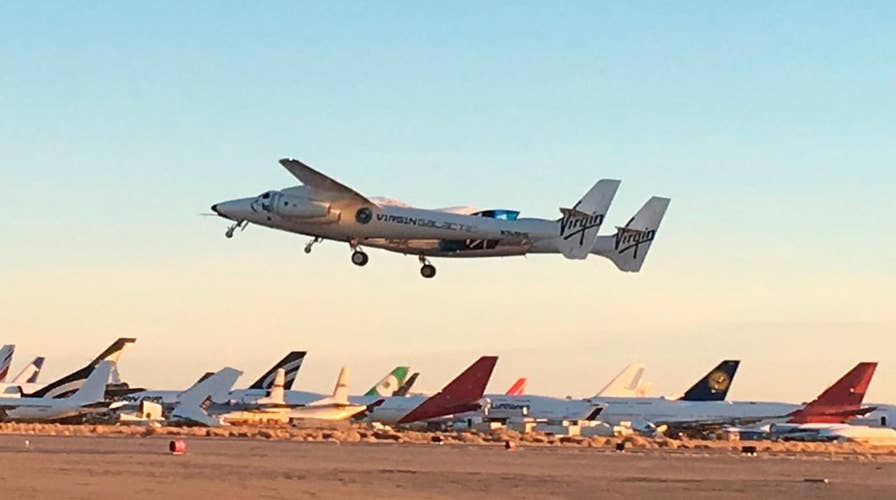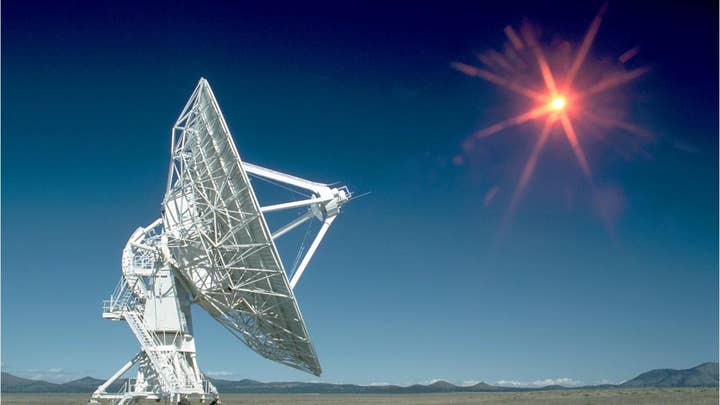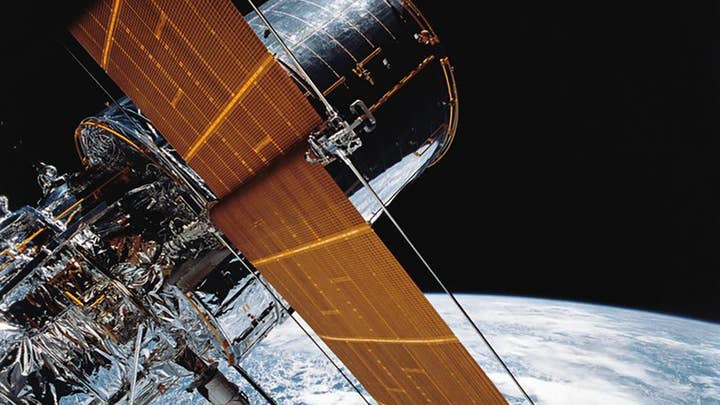Virgin Galactic set to launch new era in space tourism
A test flight of Virgin Galactic's SpaceShipTwo is scheduled to launch from the Mojave Air and Space Port, north of Los Angeles.
It’s well known that if something goes out of style, you only need to wait several decades for it to return. That certainly applies to manned space exploration, which, after fading from the headlines in the late eighties, is poised to roar back to life in 2019. But there is one glaring difference I see in the comeback and one huge reason why it matters.
In the space program’s original heyday, I was but a young Baby Boomer whose bedroom walls were covered with photos of the Saturn V – which, to this day, I maintain is the most beautiful, old-school rocket ever built – and of astronauts, cosmonauts, planets, nebulae … You get the picture. I was (and still am) a geek.
Today, the biggest change I see in manned space exploration is this: the nail-biting space race of my youth between the United States and Russia is now a hard-fisted, corporate competition between high-rolling entrepreneurs. NASA, the iconic government-funded agency of my childhood, is now a bit player in the unfolding drama, a mere vendor to billionaire, profit-seeking space junkies such as Jeff Bezos, Elon Musk and Richard Branson.
CLICK HERE TO GET THE FOX NEWS APP
Last week we were treated to a glimpse of what to expect in the new year. High above California’s Mojave Desert, Branson’s Unity made history (all quibbling aside about where outer space actually begins) by becoming the first manned, commercial space plane to reach the leading edge of space. Incredibly, it was also the first manned flight from American soil since the Shuttle’s farewell launch in 2011.
Afterward, a teary-eyed Branson, himself a Baby Boomer, said: “Ever since I watched the moon landings as a child I have looked up to the skies with wonder.” For him, as for the world, including me, Unity’s singular achievement elicited “an indescribable feeling: joy, relief, exhilaration and anticipation for what is yet to come.”
Almost certainly, what’s to come in 2019 is that Unity will begin ferrying civilian passengers into space. Branson’s company Virgin Galactica – think of it as the Pan Am of commercial space carriers – has a growing list of 600-plus people ready to fork over $250,000 for the quick jaunt.
Former Shuttle astronaut Andy Thomas thinks Branson will be taking them for a ride all right – one that won’t come close to living up to Branson’s hype. “It's true that he [the passenger] will fly to the edge of space but he can't stay there. He falls right back down. It's really just a high-altitude airplane flight and a dangerous one at that."
I don’t entirely share Thomas’s jaded outlook. If I had the money, I’d sure go up there. I remember how excited I felt in 1961 just hearing about Alan Shepard’s suborbital flight. It lasted only fifteen minutes but rightfully made headlines all over the world. Besides, Musk is planning to send paying passengers to the moon and certain well-heeled Dutch tycoons are offering one-way trips to Mars in the 2020s.
I am sad the services of today’s pioneering commercial “astroliners” – including Bezos’ Blue Origin and Musk’s SpaceX – will be available only to the rich and famous. Among the celebrities signed up for a trip to space are Tom Hanks, Kate Winslet, and Leonardo DiCaprio – who, evidently, despite his tender and widely trumpeted environmental sensibilities, is unfazed by the flight’s massive carbon footprint.
Nevertheless, there’s at least one big reason why I welcome the upcoming era of commercial space exploration. It’s called the Overview Effect, which describes the radical and permanent shift in a person’s worldview caused by seeing Earth from space. “It’s hard to explain how amazing and magical this experience is,” says astronaut Kathryn D. Sullivan. “When I first looked back at the Earth, standing on the moon, I cried,” recalls the late Alan Shepard. “From space,” says Syrian astronaut Muhammad Ahmad Faris, “I saw Earth – indescribably beautiful with the scars of national boundaries gone.”
As I prepare to ring in the new year, then, I’m hopeful our rekindled fire to explore “up there” has the potential to teach us an expensive but priceless lesson about “down here” – one we can’t learn anywhere or anyway else. It’s the simple and profound message that our tiny Blue Planet is a bona fide miracle, best appreciated from above but best protected and cherished from right here where we live.











































